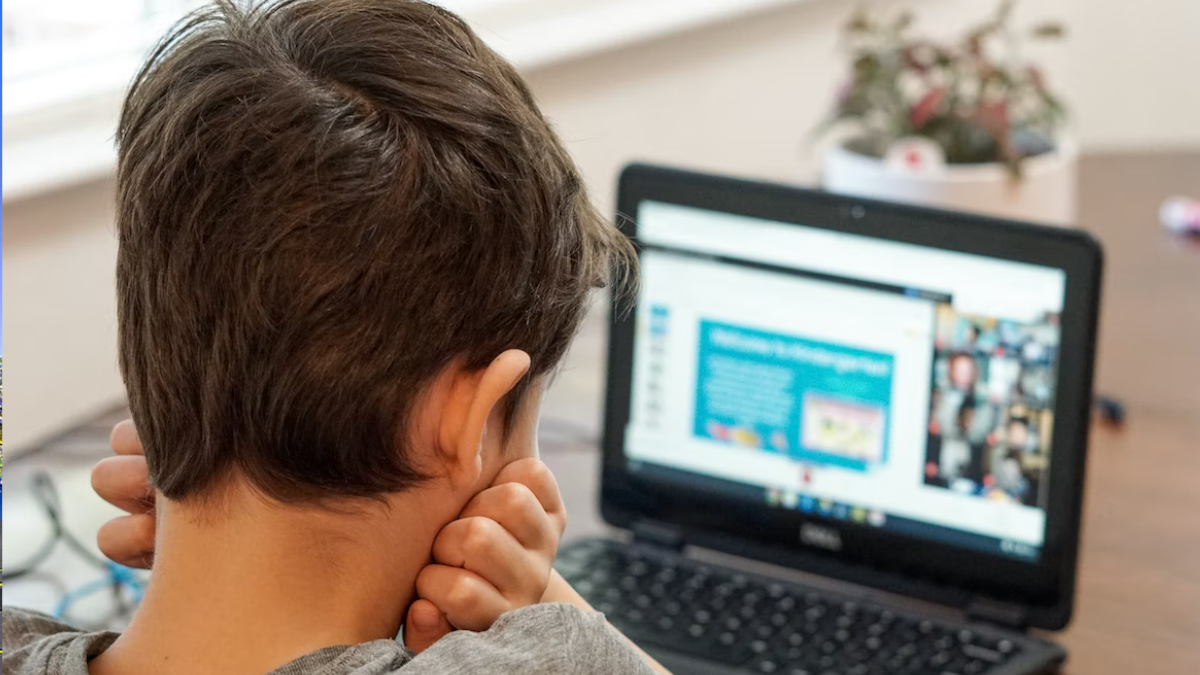ChatGPT can be used to create all manner of written work, so could it be used by students as a homework shortcut? A recent test looked at that exact possibility.
In a recent report from Sky News, a discussion around ChatGPT was the focus. The Chatbot is known to be able to create written pieces of work from poems to news articles. This very article could be written by ChatGPT, but alas it is just a simple human being at the keyboard.
While ChatGPT has shown amazing feats in AI-generated content, it also represents some issues. The education system particularly is looking at its capabilities that could enable students to submit work that is AI-generated. These concerns have seen New York City’s education board ban it from schools.
ChatGPT to be banned in schools
New York City’s teaching authority spoke on the matter stating the bot could offer, “Quick and easy answers to questions. It does not build critical-thinking and problem-solving skills, which are essential for academic and lifelong success.”
It does not build critical-thinking and problem-solving skills, which are essential for academic and lifelong success
New York City Department of Education
Despite the ban, there’s nothing stopping students from using the bot at home to help with homework. However, how possible is it that the content created is not only accurate but also believably written by a school student?
To test that very question Sky News set out to ask a secondary school science teacher to present a homework question to ChatGPT. The question issued was
“Galaxies contain billions of stars. Compare the formation and life cycles of stars with a similar mass to the Sun to stars with a much greater mass than the Sun.”
This question was also asked a second time with notes to respond to a secondary school standard. The results were a very detailed and long response, that is factually correct and uses correct terminology.
Plagiarism nightmare?
Fantastic, right? Well, not quite. The teacher stated that the response was almost too detailed and that, “It does go beyond what you’d expect for GCSE, so I would be very suspicious if someone submitted it. I would assume that they’d copied and pasted from somewhere.” So, while the response was an informed one, it’s almost near-perfect nature instantly sets off alarm bells.
In an alternate test, a primary school teacher — who was also unfamiliar with ChatGPT — set a homework task. This time the bot was asked to research a famous Londoner and write a biography about their life. Again the written answer was an impressive one, with accurate information, good use of punctuation and even some interesting choices of words. Herein lies the issue again; it’s too good. Not only is the answer extremely formal, but it reads like a wiki page. There’s no sense of the unique writing style that we all have. Styles that teachers become very used to for each of their students.
There’s no sense of the unique writing style that we all have. Styles that teachers become very used to for each of their students
The teacher commented that, “Even just glancing at that, I’d say they copied it straight off the internet. No 11-year-old knows the word tumultuous.” Therefore it seems, while ChatGPT could potentially be used to cheat on homework, it’s more than likely still going to raise suspicions when an 11-year-old knows every detail about the life of Sir Winston Churchill and can deliver this information to a standard far surpassing their age.
Future impact
While chatbot AIs have come a long way, teachers have had to tackle the use of the internet for years. It’s the same concept just on a different level. Jane Basnett, Director of digital learning at Downe House School commented that, “As with all technology, schools have to teach students how to use it properly.”
As with all technology, schools have to teach students how to use it properly
Jane Basnett, Director of digital learning at Downe House School
Dr. Peter Van der Putten, assistant professor of AI at Leiden University noted that completely ignoring the technology would also be a mistake. As with all things, times change and we must adapt. Before the internet, research had to be done by going to the library and reading a book. The internet made research more accessible and we now regularly utilise that. These AI systems, while they can create a factually sounding correct piece of work, read similarly to that of a Wikipedia page. Dr. Van Der Putten commented that, “It’s there, just like Google is there. Sometimes you need to embrace these things, but be very clear about when you don’t want it to be used.”
With the evolution of more intelligent chatbots, questions are being asked on how and where this technology could be used. For example, could a chat bot be used to create dialogue with a video game character?
Image credit to Thomas Park
Paige Cook is a writer with a multi-media background. She has experience covering video games and technology and also has freelance experience in video editing, graphic design, and photography. Paige is a massive fan of the movie industry and loves a good TV show, if she is not watching something interesting then she's probably playing video games or buried in a good book. Her latest addiction is virtual photography and currently spends far too much time taking pretty pictures in games rather than actually finishing them.






































